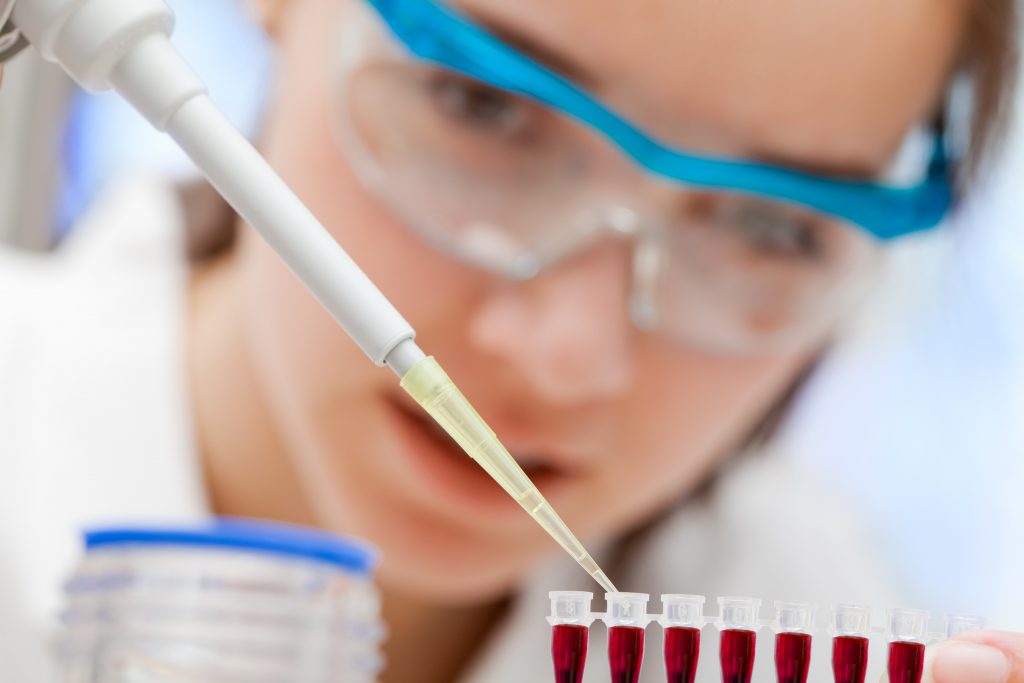Preventing, responding to and recovering from pests and diseases that threaten our marine environment
The Australian Marine Biosecurity Database, or ‘AMBD’, is a web-based, user- friendly platform that will centralise research and information about Australian marine pathogens and pests.
With this knowledge, AMPD aims to foster new collaborations and partnerships with a broad range stakeholders to ultimately assist in the prevention of and the increase in response times to disease and pest outbreaks.
The AMBD will address a key recommendation in the $5 million, 2015 Australian Government Department of Agriculture and Water Resource’s review into national marine pest biosecurity arrangements to: “establish a national marine pest network to develop strong partnerships that enable Australia to better identify, assess, communicate and manage the risks of marine pests.”
The AMBD – an Australian first – will improve response times to pathogen outbreaks and allow stakeholders at all levels (citizens, researchers, government) to access and report information about marine pathogens, thereby building capacity in Australia’s ability to respond to threats to our fisheries and aquaculture industries, and more generally the sustainability and health of Australia’s coastal ecosystems.
The AMBD will have impact on Australia’s $100M ‘marine economy’ by creating a smart system for identifying individual pathogens, organisms known to be affected (incl. risks to human health), where outbreaks have been reported in the past (interactive map), future outbreak risk assessment, and response measures/solutions.



